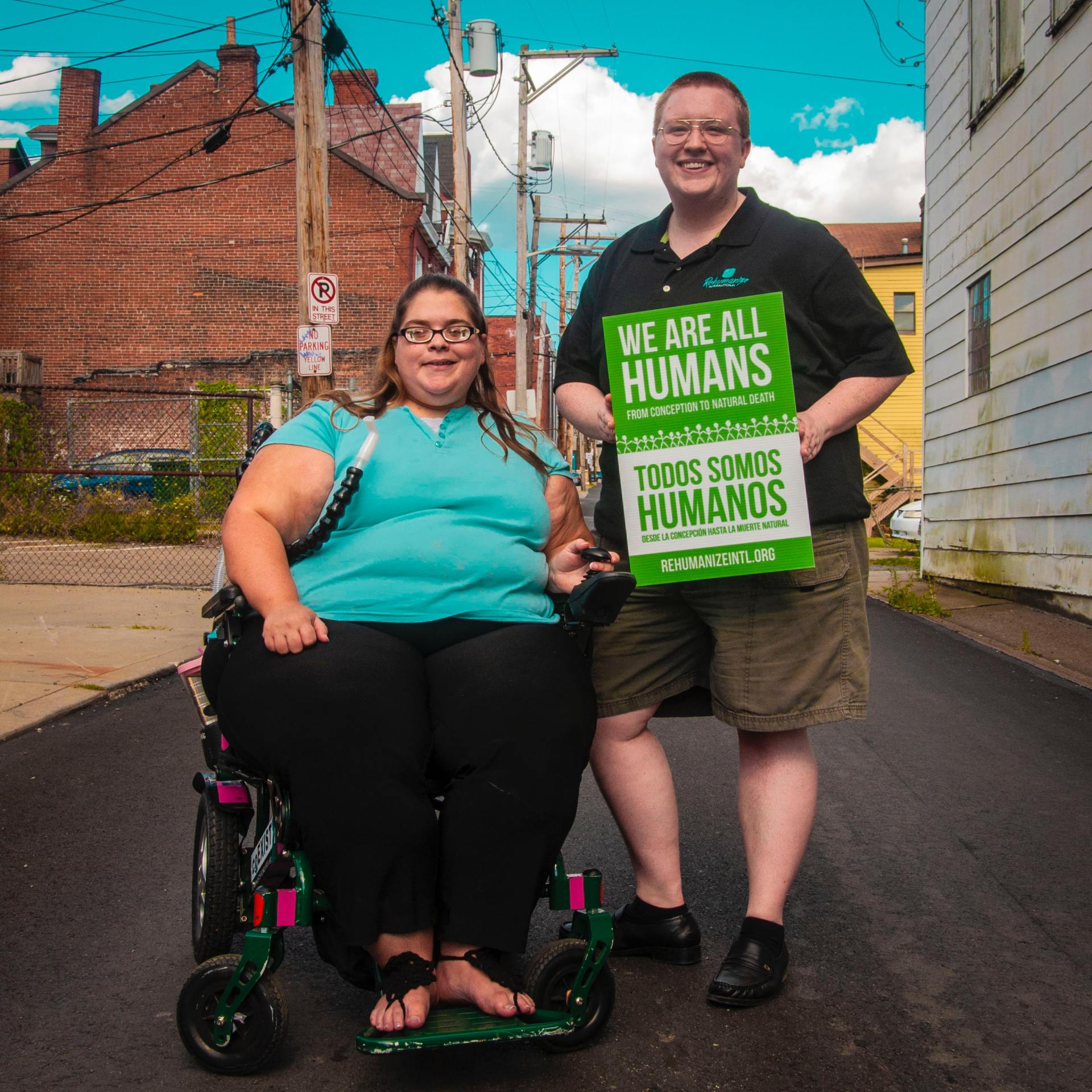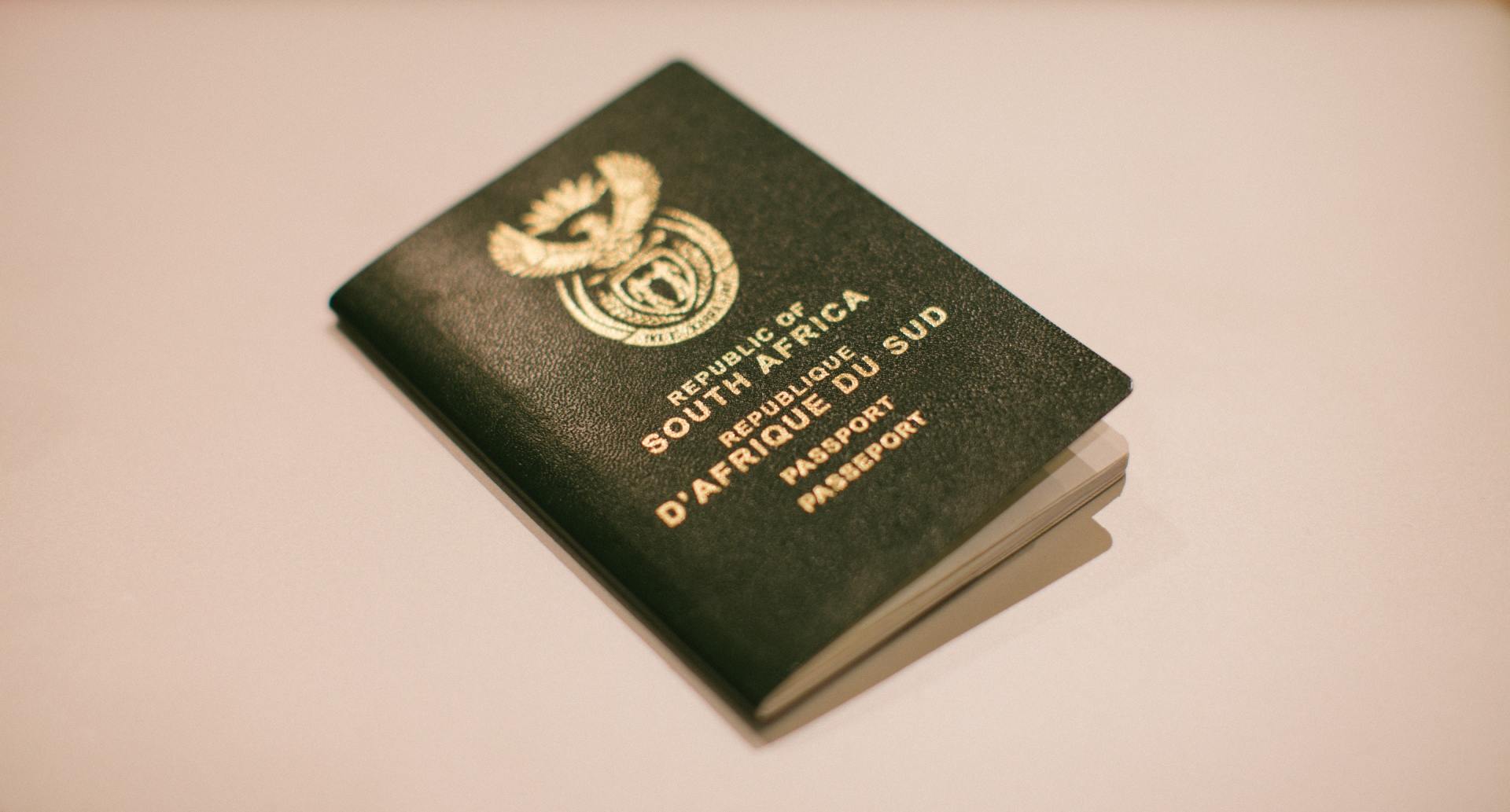Citizenship Application Denied, what to do?
MY CITIZENSHIP APPLICATION WAS DENIED; WHAT SHOULD I DO? #Citizenship Denied
It is a horrifying and shocking feeling when you wait for the privileged moment; you apply for your U.S. Citizenship, by filing the Form N-400. You wait with baited breath, you envision the swearing in ceremony, you will finally obtain a US passport, so you can travel much of the world without fear or favor. And then you receive that dreadful letter “Your Citizenship application is hereby denied” You can hardly contain your shock.
You then ask yourself, how can this possibly be, I have my green card now and have lived in the United States for 5 years or 3 years (if married to a US citizen).
If you find yourself in this situation, call a good Immigration lawyer right away to help you because after the denial of your citizenship application, you could be put in removal proceedings. What that means is that the government could try to deport you from the United States. Whether or not they will try to do that depends on the reasons for your denial, and whether or not the reasons for your denial can be overcome. You may be able to re file your application or you may have to appeal the denial decision. Either of these options will need to be considered carefully and it is advisable to get an Attorney’s help, one who specializes in Immigration Law.
GROUNDS FOR DENIAL OF CITIZENSHIP :
There are a number of grounds upon which you can be denied, and they include:
- Whether you merited the green card in the first place, meaning “was the green card rightfully or wrongfully granted to you ;
- Whether or not you have done an act that makes you removable from the United States since getting a green card;
- Whether you meet the basic eligibility criteria for U.S. citizenship.
Was the Green Card wrongfully granted?
When you apply for U.S. Citizenship, the U.S. immigration authorities get another chance to review your entire file including your green card file. Sometimes, the government encounters instances where the applicant really shouldn’t have been given a green card. An example would be, if an applicant immigrated to the United States as the unmarried child of a U.S. citizen – but was in fact married when he or she immigrated. This would make the applicant’s green card invalid because the applicant would not at the time of the Green Card approval be an “unmarried child of U.S. citizen” If the USCIS notices that this date was before the applicant’s receipt of the green card, it may ask further questions, and ultimately place the applicant in removal proceedings, unless other conditions apply. Once stripped of the green card, the applicant will have no more right to U.S. Citizenship.
Did you commit acts that make you removable from the US?
Green card holders are subject to the grounds of deportability found in Section 237 of the Immigration and Nationality Act (I.N.A.). For instance, you can become deportable for having committed certain crimes or immigration violations (and do not under estimate the significance of DUIs, DWIs and Disorderly Conduct). Talk to a lawyer if you have any of these. Additionally, if you engaged in subversive or terrorist activities, or even failed to advise USCIS of your change of address within ten days of moving, you could be removed. Another example is if you spend six months or more outside the United States and then returned, you would also be subject to the grounds of inadmissibility upon your return. Another reason for invalidation of green card is whether you have become a public charge (received need-based government assistance) or developed certain physical or mental disorders that present a threat to the public or yourself.
If, during your application for citizenship, USCIS notices that you have become removable or were inadmissible upon entry to the U.S., it can place you into removal proceedings and you may lose your green card.
Do You Meet the Basic Eligibility Criteria for U.S. Citizenship?
Citizenship is the highest benefit a person can obtain under the U.S. immigration laws, and therefore comes with a list of requirements. These include that you:
- are at least 18 years old at the time of applying
- have had permanent residence (a green card) for the required number of years – usually five, but fewer for certain categories of applicants.
- have been physically present in the United States for a least half of your required years of permanent residence
- have been continuously present in the United States -- that is, have not spent long periods of time in another country
- have lived in the same U.S. state or USCIS District for three months before applying to the USCIS office there
- have demonstrated good moral character in the years leading up to application for citizenship
- can speak, read, and write English
- can pass a test covering U.S. history and government, and
- are willing to affirm loyalty to the U.S. and serve in its military if necessary.
Failure to meet any of these criteria can mean that your application for Citizenship will be denied. In most cases, you will not lose your green card at the same time, but will simply need to apply for Citizenship when you become truly eligible and are ready. Note that if you were out of the U.S. for so long that you appear to have abandoned your residence here, you are in for a larger problem. Refer to our blog for more information on Abandonment of Green Cards or call our office.
To avoid being denied on basic eligibility grounds, fill out your application carefully, and consult with an attorney if you have any crimes on your record, have spent long periods of time outside the United States, or have any other questions about your eligibility for US. Citizenship.
At Sandra Boogaard Law Office , we take pride in attending Citizenship swearing in ceremonies with our approved clients. Contact us at (646) 688-2747 or (330) 329-7134. Email: sandra@sandraboogaardlaw.com
Immigration News































